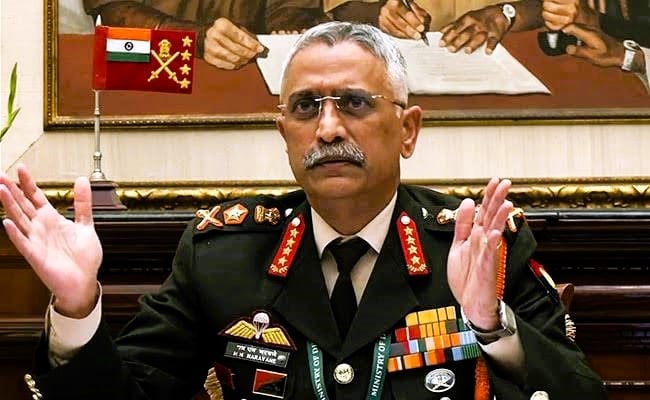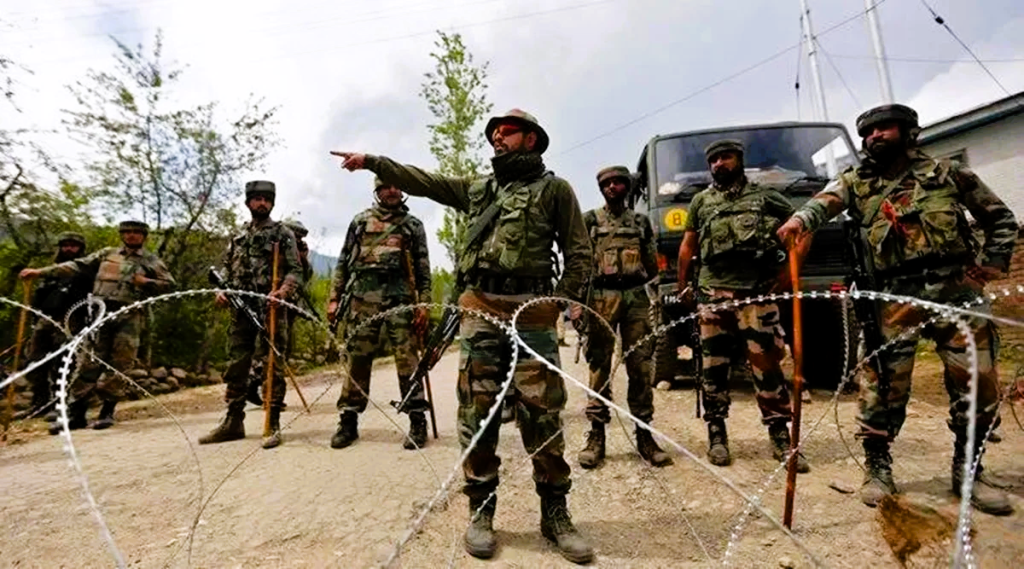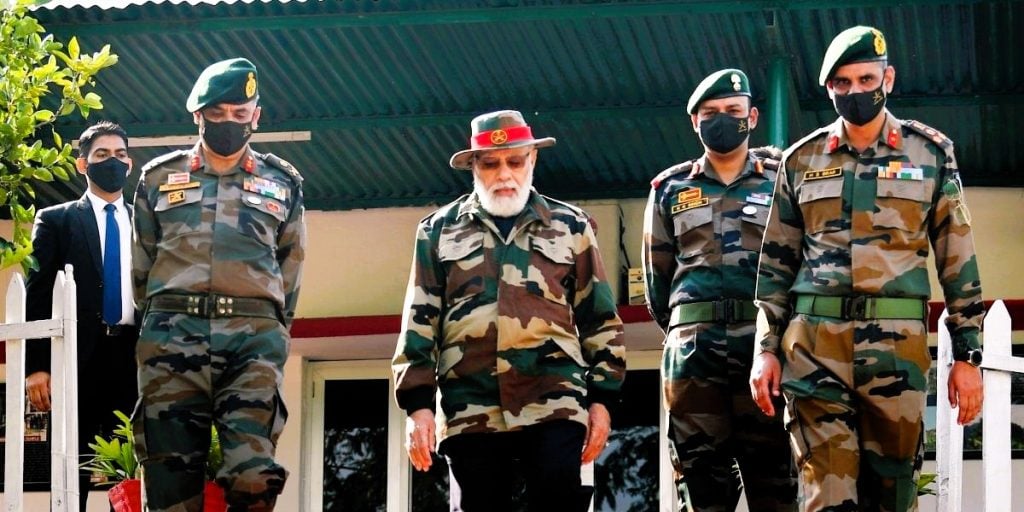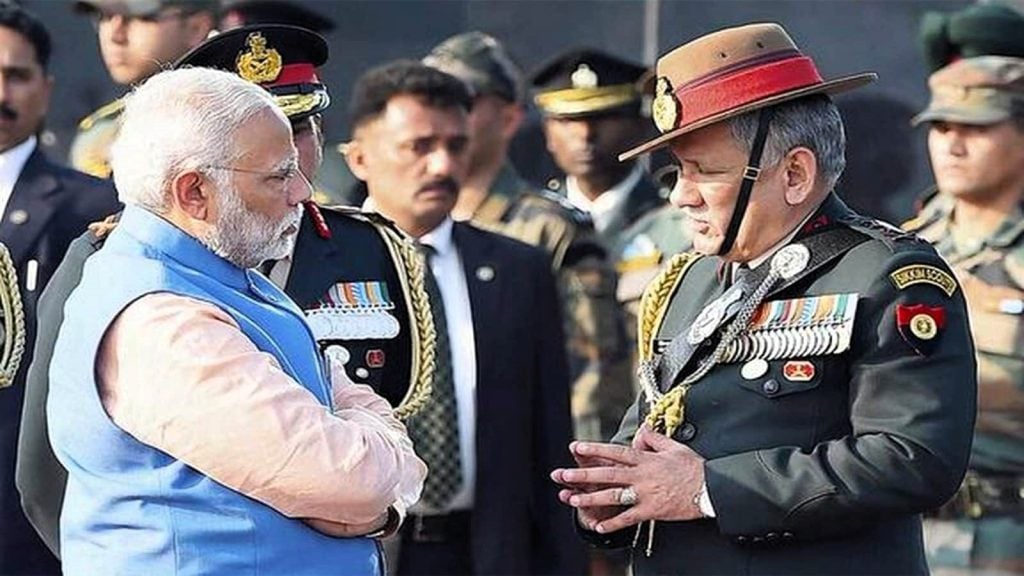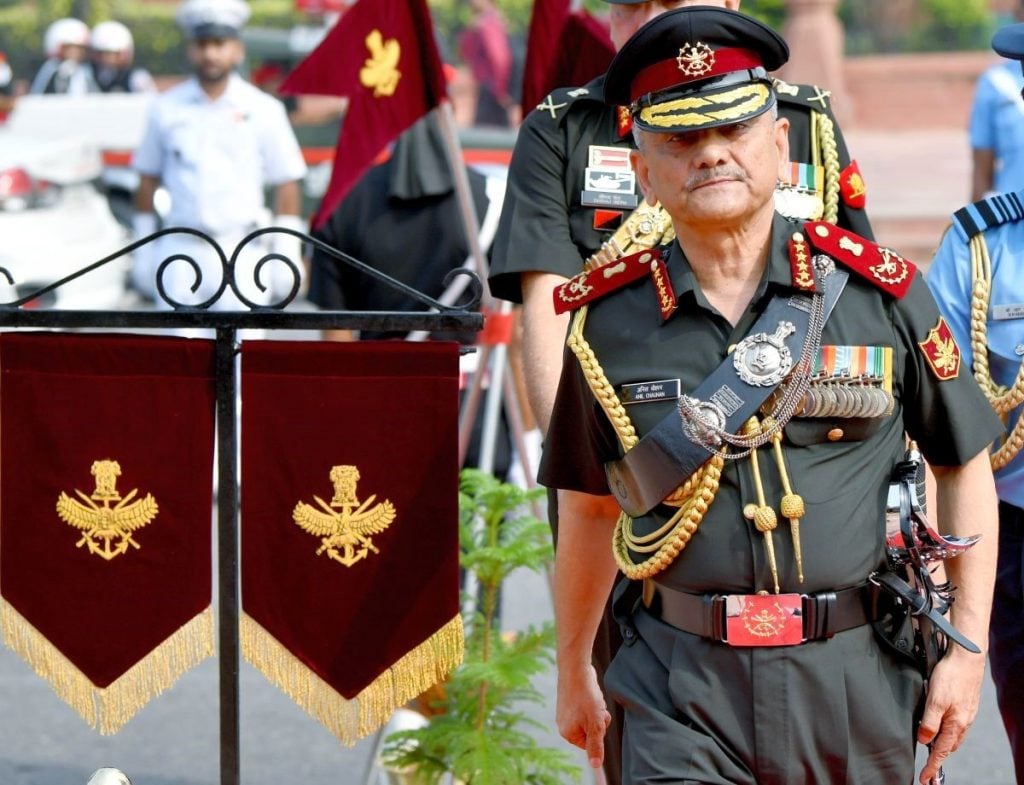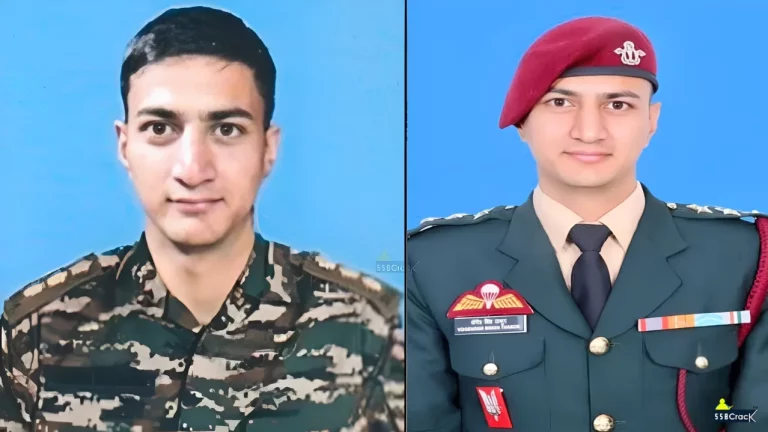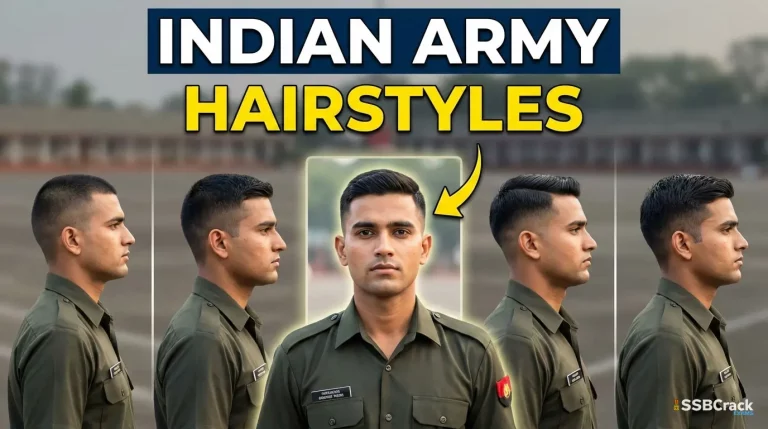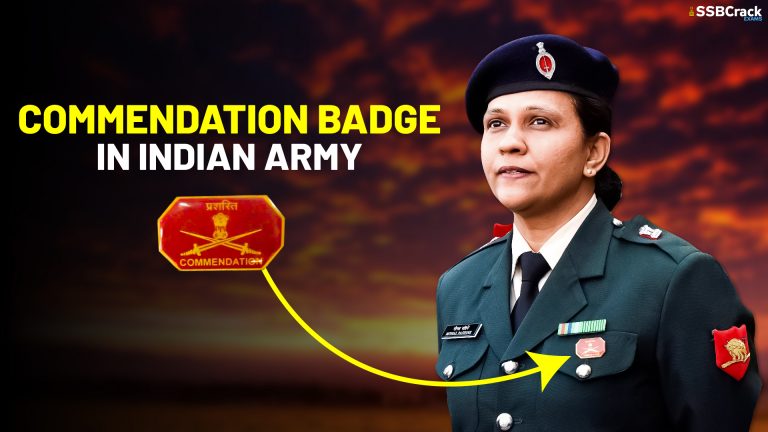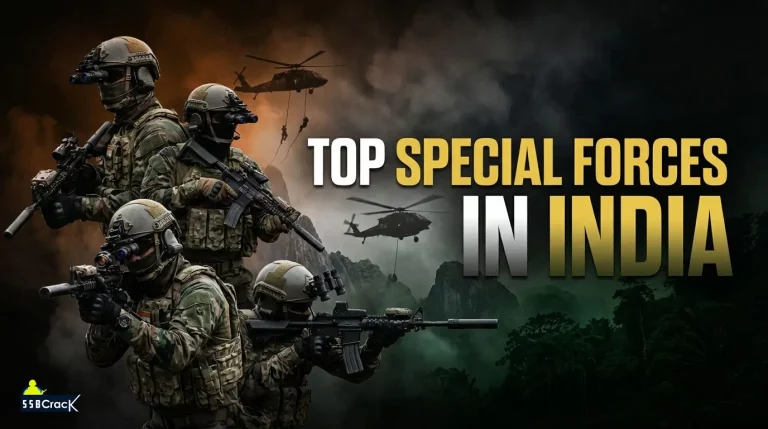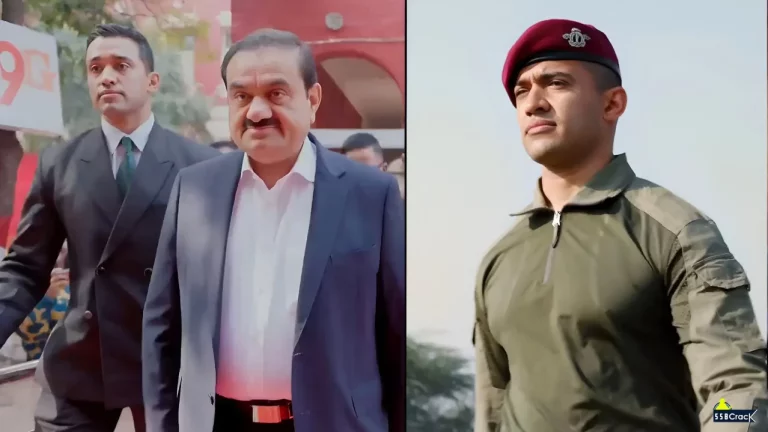Military leadership is not merely about tactical acumen and strategic prowess; it is a multifaceted discipline that delves deep into the intricacies of human motivation, emotion, and loyalty. The Essential principles of military leadership serve as the cornerstone of effective command, fostering an environment where respect, trust, and camaraderie thrive. These principles transcend the boundaries of the battlefield, offering invaluable insights into the art of leading diverse teams and navigating complex organizational challenges.
At the heart of military leadership lies the fundamental tenet of leading by example. Exemplary conduct, unwavering integrity, and a steadfast commitment to the mission are the hallmarks of a true military leader. By embodying the very values they expect from their subordinates, leaders inspire loyalty, cultivate a sense of shared purpose, and build a cohesive, high-performing team.
Knowing Your Personnel
Effective military leaders understand that their team members are not merely cogs in a machine, but rather individuals with unique strengths, weaknesses, and personal histories. By taking the time to know their personnel on a deeper level, leaders can assign tasks more judiciously, nurture their subordinates’ skills, and provide tailored support to overcome limitations. This personalized approach not only demonstrates the leader’s genuine concern for their team but also fosters a heightened sense of morale and loyalty.
Transparent Communication
In the dynamic and often unpredictable world of military operations, clear and transparent communication is the lifeblood of success. Leaders must ensure that their teams are kept informed about mission objectives, changes in plans, and other critical information. This openness cultivates a sense of participation and importance among team members, empowering them to contribute more effectively and remain dedicated to the mission.
All About The T4 Rifle By Jindal
Setting the Standard
Military leaders are tasked with the responsibility of establishing clear and achievable standards for their teams. By setting high yet attainable expectations and holding everyone, including themselves, accountable to these standards, leaders maintain discipline, efficiency, and a shared understanding of the desired outcomes. This principle ensures that all team members are aligned in their efforts and understand the benchmarks they must strive to meet.
Decisive Decision-Making
In the fast-paced and high-stakes environment of the military, the ability to make sound and timely decisions can mean the difference between success and failure. Military leaders are trained to assess situations quickly, consider the potential consequences, and make decisions that serve the mission and protect their teams. This requires not only quick thinking but also the courage to take responsibility for the outcomes of their decisions.
Empowering Subordinates
Exceptional military leaders understand the power of empowering their subordinates. By delegating tasks and entrusting their team members with decision-making responsibilities, leaders cultivate a strong sense of ownership and pride in their work. This, in turn, leads to higher levels of motivation and commitment to the team’s collective goals, as individuals feel empowered to contribute and make a meaningful impact.
Ensuring Execution and Providing Guidance
Military leadership is not just about issuing orders; it requires a meticulous approach to ensuring that tasks are understood, supervised, and accomplished effectively. Leaders must provide clear instructions, monitor progress, and offer guidance when necessary. This hands-on approach, combined with timely feedback and evaluation, helps to maintain the team’s focus, address any challenges, and ultimately achieve the desired outcomes.
Building Camaraderie and Cohesion
The military operates on the foundation of teamwork, and effective leaders know how to foster a sense of unity and cooperation among their teams. By organizing activities that build camaraderie and trust, leaders create an environment where team members are committed to supporting one another and working towards common goals. This sense of shared purpose and mutual support is instrumental in navigating the complexities of military operations.
Aligning Capabilities and Challenges
Understanding the capabilities and limitations of one’s team is a crucial aspect of effective military leadership. Leaders must find the right balance, challenging their teams to grow and develop their skills while ensuring that they are not overburdened with tasks that exceed their current abilities. By leveraging the team’s strengths and addressing their weaknesses, leaders can set their personnel up for success and drive continuous improvement.
Can An Agniveer Join Para Special Forces?
Embracing Responsibility and Accountability
True military leadership is marked by a willingness to seek out new responsibilities and a commitment to taking accountability for one’s actions. Leaders who demonstrate this principle inspire their teams to act responsibly and ethically, even in the face of complex and challenging situations. By leading with a sense of personal ownership, leaders cultivate a culture of accountability and ethical decision-making within their ranks.
Adaptability and Resilience
The military environment is inherently dynamic and unpredictable, requiring leaders to possess a high degree of adaptability and resilience. Effective military leaders must be able to quickly pivot their strategies, adjust their tactics, and guide their teams through unexpected challenges. By cultivating a mindset of flexibility and a willingness to learn from setbacks, leaders can ensure that their teams remain agile and capable of overcoming any obstacle.
Continuous Learning and Professional Development
The principles of military leadership are not static; they evolve alongside the changing landscape of modern warfare and organizational dynamics. Exceptional military leaders understand the importance of continuous learning and professional development, actively seeking out opportunities to expand their knowledge, refine their skills, and stay ahead of emerging trends. By fostering a culture of lifelong learning, leaders can ensure that their teams remain at the forefront of military excellence.
Conclusion
The principles of military leadership are not merely a set of rules to be followed; they represent a holistic approach to guiding and inspiring teams in the face of complex challenges. By embracing these principles, military leaders can cultivate an environment of trust, respect, and dedication, empowering their teams to achieve remarkable feats in the service of their nation. As the demands of modern military operations continue to evolve, the timeless wisdom of these leadership principles will remain a steadfast guide for those who aspire to lead with distinction.
FAQs
1. What is a leadership principle in the military?
Mission focus is the primary principle of military leadership, emphasizing the leader’s unwavering dedication to achieving the mission. It requires ensuring that every team action aligns seamlessly with this overarching goal.
2. What are the 5 C’s of leadership Army?
The essential qualities of a professional Soldier highlighted include commitment, competence, honesty, empathy, and bravery. These qualities form the foundational character traits supporting the Soldier’s ethos.
3. What is a military leader?
Military leadership requires making crucial decisions, frequently under intense pressure and with significant risks at stake.
4. Why are the principles of military leadership important?
The principles of military leadership are crucial because they:
Foster respect, trust, and loyalty among team members
Create an environment where team members feel valued and motivated
5. What are the key qualities of an effective military leader?
Some of the key qualities of an effective military leader include:
Integrity and strong moral character
Decisiveness and the ability to make quick, well-informed decisions
Excellent communication skills and the ability to keep teams informed
